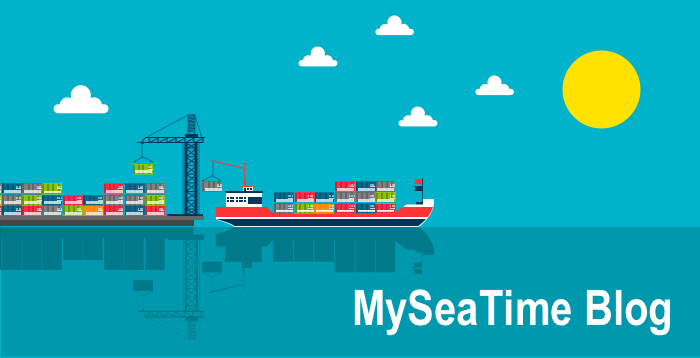Back in 70's Chemical tanker was an alien subject. But carriage of chemicals through the ships was on the rise.
IMO (IMCO at that time) felt a great need to develop procedures for the tankers to carry chemicals. But this was a tough task due to lack of studies on the carriage of chemicals.
In 1971, IMO by its resolution A. 212(VII) adopted the BCH code, the compliance to which was only voluntary.
In Resolution A. 212(VII), IMO agreed that there was a need of further review of the code based on further studies and experience.

As per the future studies and experiences, the BCH code was modified as required but it was still voluntary for the ships to comply with the BCH code.
On 17 July 1983, IMO adopted the more comprehensive code (IBC code) by IMO resolution MSC 4(48). The code was made mandatory by amendments to the SOLAS through IMO resolution MSC 6(48). The code was mandatory for ships constructed on or after 01 July 1986.

At this time, the BCH code was still voluntary. IMO passed a resolution MSC 7(48) on the recommendation for chemical tankers constructed before 01 July 1986.
Now coming to the main question. Why IMO introduced a new code rather than modifying the existing code and making it mandatory?
Imagine yourself as a ship owner who is operating chemical tanker built before 01 July 1986. Even though BCH code was voluntary, you were complying with the requirements of BCH code.
Now imagine if the IMO modified the BCH code (with more strict requirements) and made it mandatory for ships built on or after 01 july 1986.
You as a ship owner of chemical tankers built before 01 July 1986 would have no guidelines to comply with as the new BCH code would have strict guidelines that the existing chemical tankers cannot be modified to.
In this case most of the chemical tankers built before 01 July 1986 which were voluntarily complying with the BCH code would have dumped the voluntary compliance with any guidelines as there would not have been any guidelines left.
They could have partially complied with the new code but that is something no one would have done.
So instead what IMO did was that they left the BCH code untouched and the chemical tankers built before 01 july 1986 continued the voluntary compliance with the BCH code.
And IMO introduced the mandatory IBC code for the chemical tankers constructed after 01 July 1986.
It was much later that the BCH code was made mandatory for chemical tankers built before 01 July 1986.




